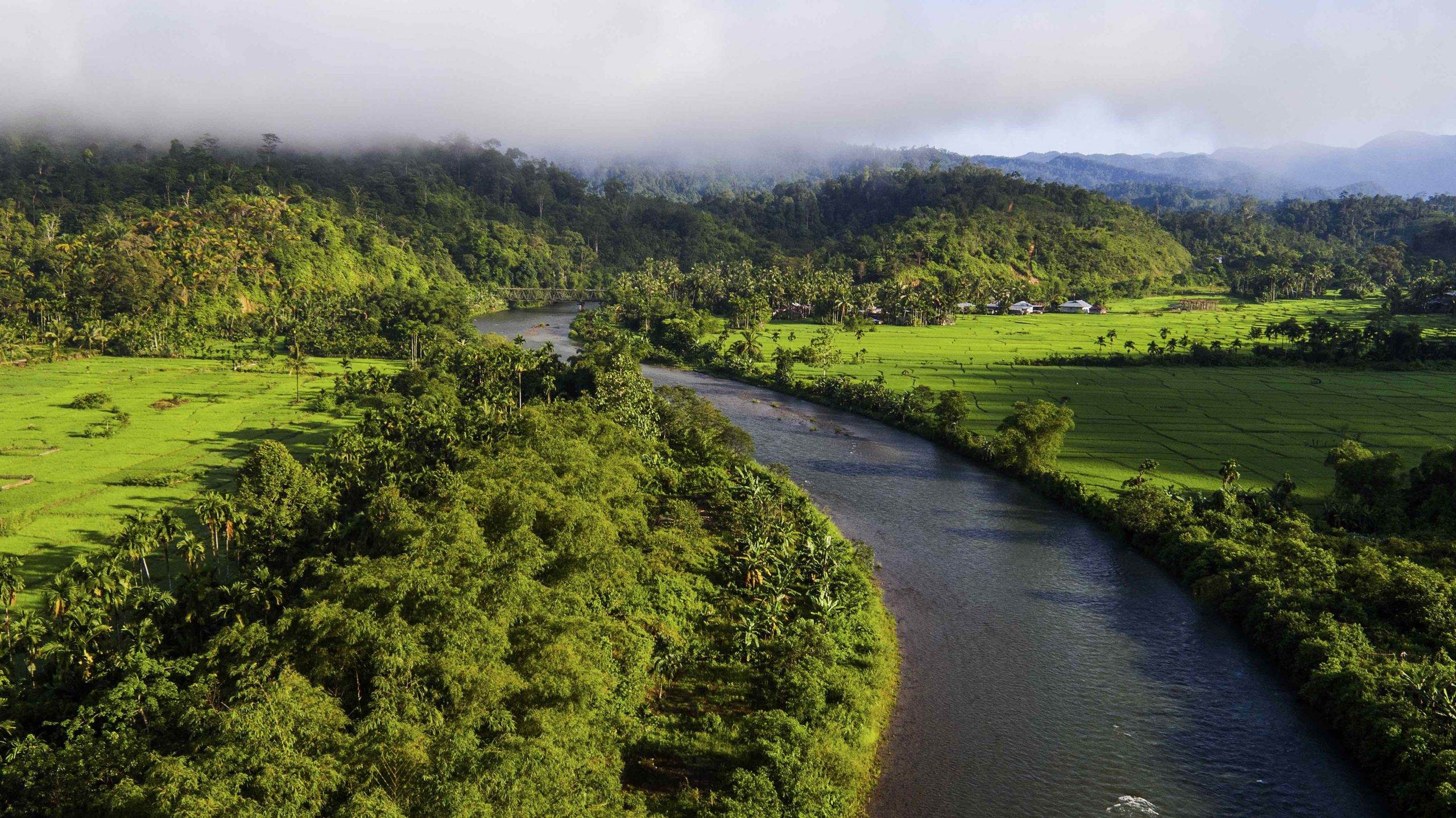This blog was originally published as a case study in “Banking on Climate Chaos: Fossil Fuel Finance Report 2021” — a report by Rainforest Action Network, BankTrack, Indigenous Environmental Network, Oil Change International, Reclaim Finance, and Sierra Club. You can see the full report here. Photo credit: Paul Hilton
Although 2020 will always be remembered as the year in which the COVID-19 pandemic took hold, the coronavirus was not the year’s only thematic disaster: 2020 was also a year of massive forest fires, reminding the world that climate chaos is here and now.
One of the most tangible consequences of climate change is the increase in the frequency and intensity of these fires. While some fires are more directly attributable to land clearing and bad forest management, climate change is certainly worsening the problem. The climate crisis exacerbates forest fires in several ways: warmer conditions mean a longer fire season, climate change leads to more extreme weather events and therefore also more extreme droughts, and a warmer atmosphere leads to higher evaporation rates, which dries out the soils and also increases lightning. It is therefore no surprise that 2020 featured an increase in forest fires in many parts of the world including the Arctic, Australia, the U.S. West Coast, and the Amazon. Though the devastating, headline-grabbing fires in the Amazon have been intentionally set to clear land for agribusiness, climate chaos is making the arson more destructive.
Forest fires most heavily affect local communities, who often see their homes, sources of income, and food security go up in flames. Downwind, the air quality can deteriorate to such an extent that whole cities are shrouded in smoke. Forest fire smoke is extremely harmful to the lungs, especially for children and adults with asthma, COPD, bronchitis, or chronic heart disease. Last but not least, forest fires release enormous amounts of greenhouse gases into the atmosphere, further worsening the climate crisis.
In the meantime, the fossil fuel industry continues to expand fossil fuel production, thereby exacerbating climate change and worsening the frequency and magnitude of future forest fires. And the banks that finance this industry with little restraint — like the top bankers of fossil fuels JPMorgan Chase, Citi, and Wells Fargo — share in the responsibility for these impacts. The public is increasingly starting to recognize the companies responsible for these so-called natural disasters. Last year, an Australian bushfire victim filed a complaint with the Organisation for Economic Co-operation and Development (OECD) against ANZ for its role in worsening the massive forest fires in Australia by continuing to finance fossil fuels.
